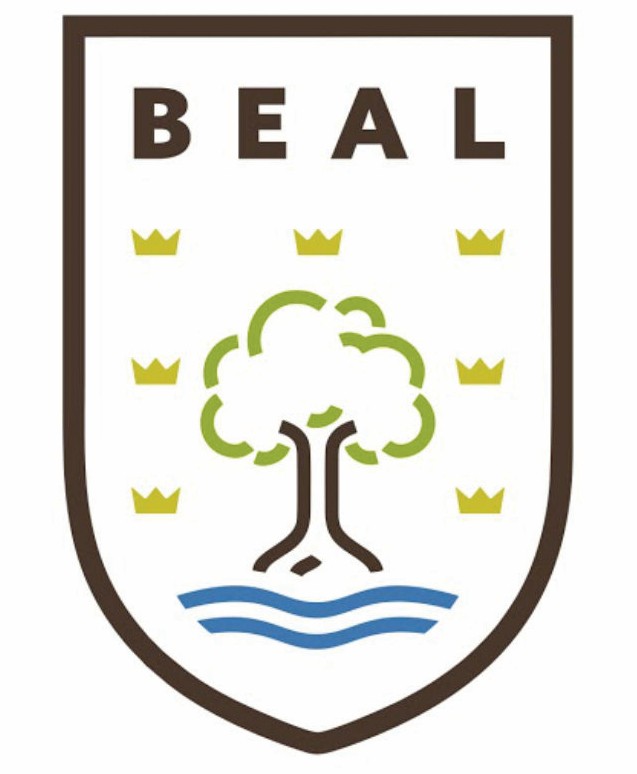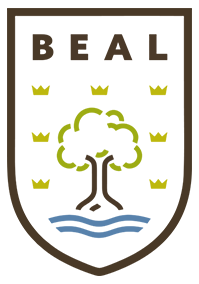Child-on-Child Abuse: Anti-Bullying
Bullying or child-on-child abuse of any kind will never be tolerated or passed off as “banter” or “part of growing up” at Beal High School. Any incident or allegation of child-on-child abuse will be dealt with in line with our Safeguarding and Child Protection Policy and our Student Behaviour Policy.
What is Bullying?
Learning to understand and manage conflict is an important part of growing up. Bullying is not simply a ‘falling out’. Research shows that experiencing bullying can have a significant impact on a child’s life well into adulthood. To ensure we are able to prevent bullying, act quickly when it takes place and ensure we are identifying it properly, we use the Anti-bullying Alliance definition of Bullying:
Bullying is the repetitive, intentional hurting of one person or group by another person or group, where the relationship involves an imbalance of power. It can happen face to face or online.
Bullying behaviour can be:
- Physical – pushing, poking, kicking, hitting, biting, pinching etc.
- Verbal – name calling, sarcasm, spreading rumours, threats, teasing, belittling.
- Emotional – isolating others, tormenting, hiding books, threatening gestures, ridicule, humiliation, intimidating, excluding, manipulation and coercion.
- Sexual – unwanted physical contact, inappropriate touching, abusive comments, homophobic abuse, exposure to inappropriate films etc.
- Online /cyber – posting on social media, sharing photos, sending nasty text messages, social exclusion.
- Indirect – Can include the exploitation of individuals.
Preventing and Responding to Bullying.
We expect all our students to adhere to the anti-bullying alliance’s 10 key principles to ensure Beal High School is a safe place for students to be:
- Successful learners who enjoy learning, make progress and achieve their full potential.
- Confident individuals who are able to lead safe, healthy and fulfilling lives
- Responsible citizens who make a positive contribution to society.
Support and advice for parents:
Talk to your children about Bullying and Cyber-bullying.
If you suspect your child to be a victim of Cyber-bullying listen carefully to what your child has to say. They may feel scared, embarrassed or ashamed that they are a victim to Cyber-bullying and may feel worried about what could happen to them if they speak to anyone about it.
If they cannot talk to you about it, tell them to have a chat with a trusted adult in the school or family member or encourage them to contact us via our Report Bullying page.
The following websites and resources may also be helpful:
Anti-bullying alliance (ABA) – If your child is being bullied, our information and tools can help you stay calm and take the right action.
Advice for parents (anti-bullyingalliance.org.uk)
Kidscape – Within this section you will find plenty of practical tips to help you deal with bullying and its associated issues such as online safety, schooling, raising self-esteem and encouraging positive behaviour.
Advice for parents and carers (kidscape.org.uk)
The Diana Award – Provide resources and support for people who are experiencing bullying behaviour, those who want to support or someone who is experiencing bullying behaviour.
Bullying Support and Advice (antibullyingpro.com)
Tell us if somebody is bullying you by clicking on the box below:
Useful Links


The Diana Award
The Diana Award has trained over 24,000 young people in over 3,000 schools to be Diana Award Anti-Bullying Ambassadors and lead on tackling bullying in their schools and communities throughout England, Wales, Scotland, Ireland and Northern Ireland.

